I am developing a new frontend using Vue to access my existing Laravel 7 app, which uses Sanctum for authentication.
The frontend sits on app.example.com, with the backend being moved to api.example.com. The CORS middleware and Sanctum are properly configured to allow app.example.com, and so far so good.
The GET to /sanctum/csrf-cookie looks fine, however, it doesn't seem to be actually setting the cookies, causing the subsequent request to the API to return a 419.
const config = { withCredentials: true };
const api = process.env.NODE_ENV === 'production' ? 'https://api.example.com' : 'http://localhost:9000';
axios.get(api + '/sanctum/csrf-cookie', config)
.then(() => axios.post(api + '/login', data, config))
.then(response => response.json())
.then(response => { console.log('json', response); });
Response headers from /sanctum/csrf-cookie:

No cookies are listed in devtools:

UPDATE 1: Didn't notice this earlier; the warning icons next to each Set-Cookie in the response headers display "This set-cookie's Domain attribute was invalid with respect to the current host url."
